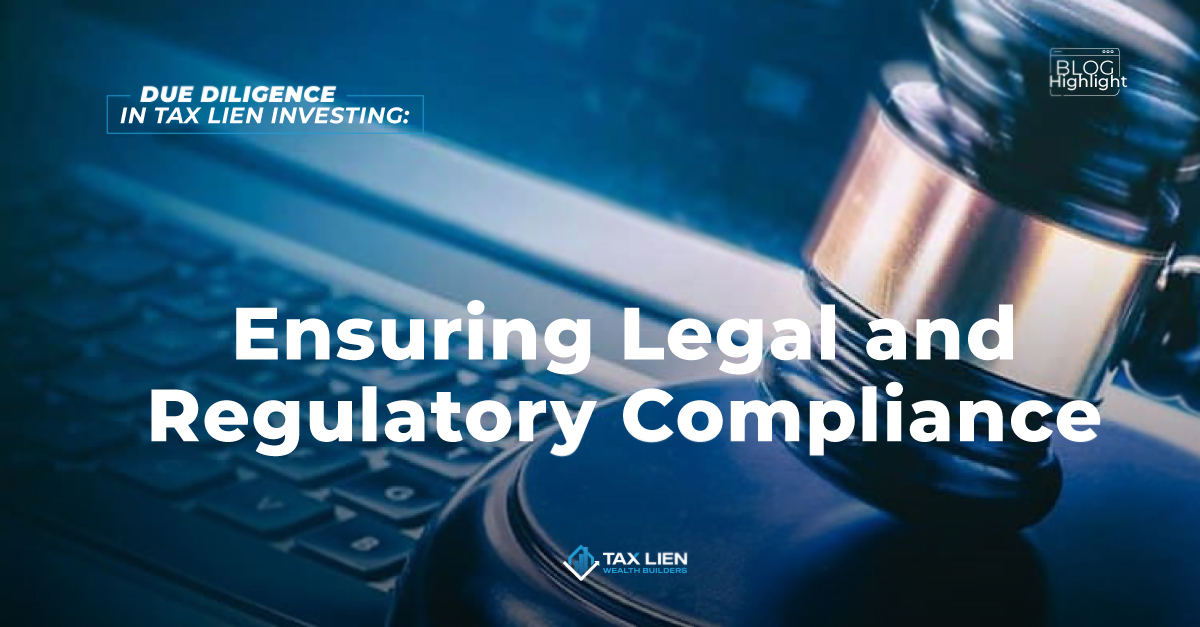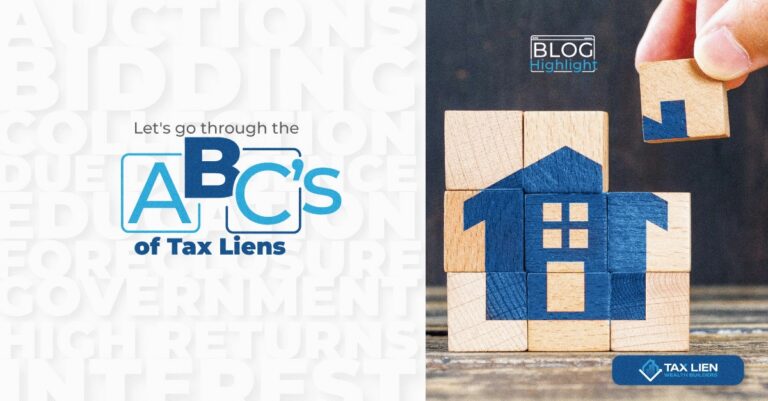Due Diligence in Tax Lien Investing: Ensuring Legal and Regulatory Compliance
Tax lien investing is a complex endeavor that requires a comprehensive understanding of legal and regulatory frameworks.
Failing to comply with relevant laws and regulations can expose investors to significant risks, including financial penalties, legal disputes, and potential property losses.
Ensuring legal and regulatory compliance is paramount for successful tax lien investing.
Legal Aspects of Tax Lien Investing
Tax lien investing involves navigating an intricate web of federal, state, and local laws governing property ownership, taxation, and foreclosure procedures.
You must familiarize yourself with these legal frameworks to ensure that your investments are conducted lawfully and in accordance with all applicable regulations.
Compliance with Local Regulations:
Beyond tax laws, investors must also consider local regulations that govern property ownership and development.
Building codes, zoning laws, and other municipal ordinances can significantly impact an investment’s feasibility and potential return on investment.
Failure to comply with these regulations can result in costly fines, legal disputes, and even the inability to take possession of a property.
Environmental Issues:
Environmental concerns are another critical aspect of legal and regulatory compliance in tax lien investing.
Properties with potential environmental hazards, such as contaminated soil or proximity to hazardous waste sites, can expose you to significant legal and financial risks.
Conducting environmental assessments and ensuring compliance with relevant environmental laws is essential to mitigate these risks.
Research Tools and Resources:
To ensure legal and regulatory compliance, you should leverage various research tools and resources.
These may include online databases, government websites, and consultations with legal professionals and local authorities.
Utilizing these resources lets you stay informed about the latest regulations, identify potential issues, and take proactive measures to maintain compliance.
Finally, in the dynamic and complex world of tax lien investing, ensuring legal and regulatory compliance is fundamental to successful investing.
By understanding and adhering to relevant laws and regulations, you can mitigate risks, avoid costly penalties, and maximize investment returns.
Neglecting this critical aspect can have severe consequences, potentially jeopardizing entire investment portfolios.
As such, investors must prioritize legal and regulatory compliance as a cornerstone of their due diligence and investment strategies.







